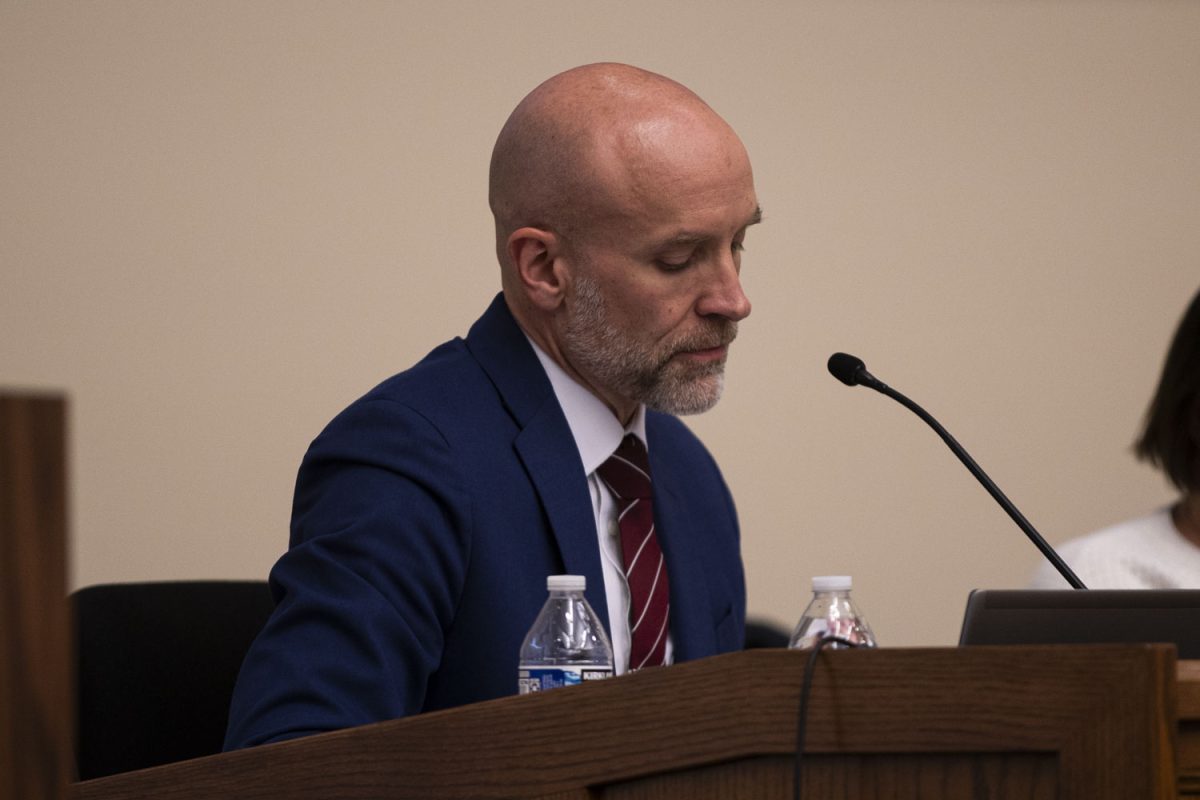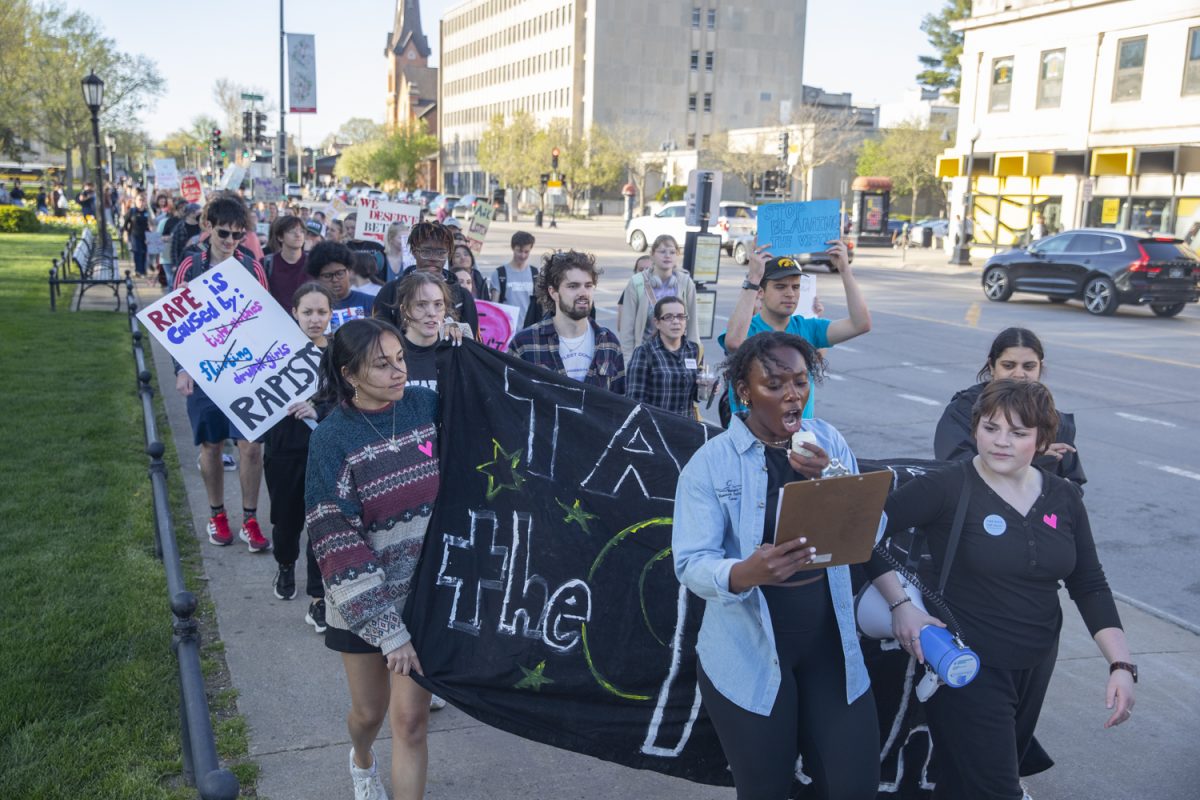Teens might not be getting enough sleep and texting and social media might be to blame.
Recent research suggests a lack of sleep may be a growing problem because of increases in digital communication among young adults.
While the effects of insufficient sleep are evident in high school as short-term problems, it’s becoming more apparent that being less attentive in class, having poor study habits, and consistent fatigue may have long-term effects that can follow students to college, according to a 2010 study conducted at JFK Medical Center in Edison, N.J. by Peter Polos, a specialist in sleep medicine.
Mark Eric Dyken, a University of Iowa professor of neurology and director of the Sleep Disorders Center, has seen signs of insufficient sleep in teens and young adults becoming more pronounced, which can be significant during a time in which physical and mental development and growth are crucial.
"If the kids don’t suffer too much when they’re going through high school, they’re going to adjust, they’ll have more control when they get to college," Dyken said. "If you’re so dead tired that you flunk chemistry and don’t absorb it, you’re going to see that stuff again in college … in a roundabout way, it really does matter. A little bit of sleep deprivation can go a long way."
But for UI freshman Nick Ambrose, checking his phone and Facebook before bed helps, rather than hurts, his sleep.
"I think it winds you down. If you have a busy day, you can connect with your friends that you grew up with," the 18-year-old said. "Personally, it didn’t affect me negatively, but I could see how it could affect other students, kind of like building bad habits."
The study found teens send an average of 35 to 40 texts before going to bed. When compounded with biological effects — Dyken says teens are wired to stay up and sleep in later — and the environmental effects, such as overwhelming schedules stacked with school work and extracurricular activities, the window for sleep shrinks considerably.
"The implication from what we know is that their performance declines over time. It’s not a scientific leap, but it’s an intellectual leap," Polos said. "If you’re texting and using social media all the time in high school, and you get to college with those sleep habits, it’s going to affect academic and physical performance."
UI freshman Andy Guerra is one college student who sleeps with his phone near his bed and checks his Facebook most every night.
"It can be addicting, and it depends on the person you’re talking to," the 18-year-old said.
Polos recomends simply turning off distracting technology.
"If you develop some bad habits in high school, it’s not going to get much better in college," Polos said. "Shut the stuff off. Lights out is lights out. If you develop some bad habits in high school, it’s not going to get much better in college."






